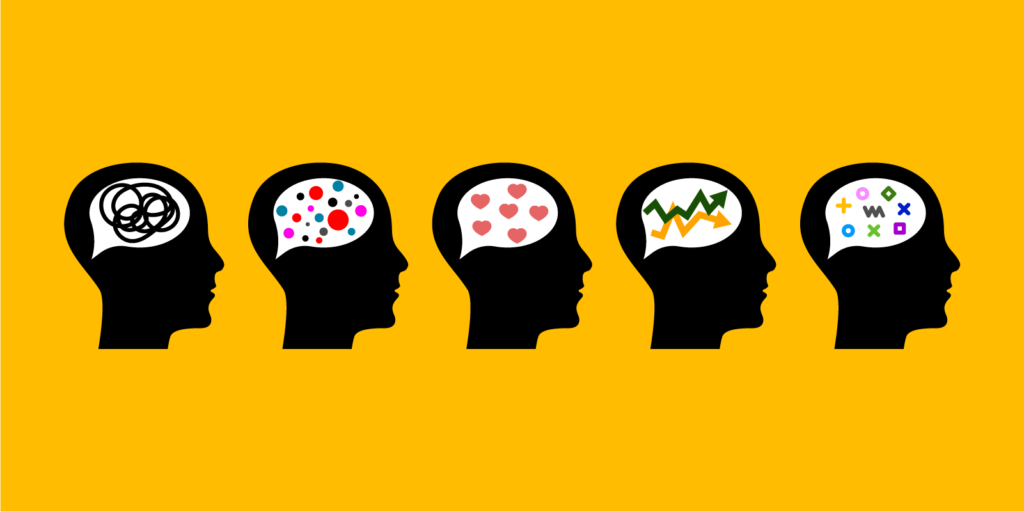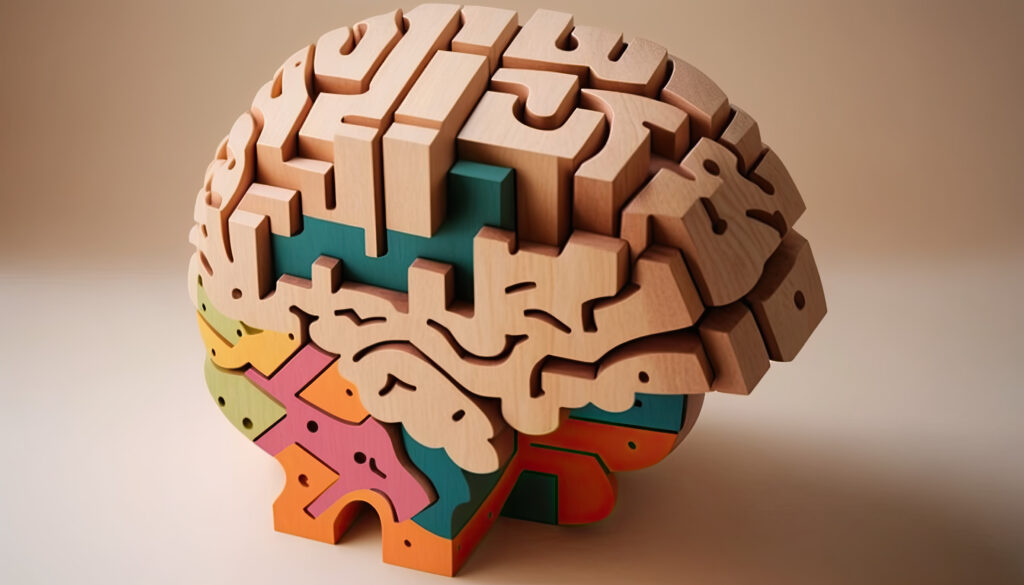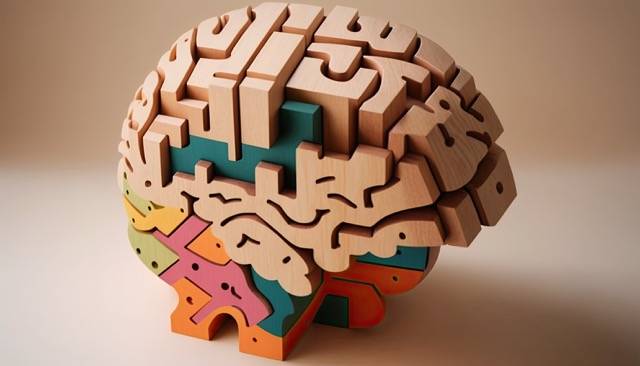
Embracing Potential
Giftedness is not just about high IQ scores or academic excellence; it’s about recognising and nurturing the unique potential within each individual. Understanding giftedness is crucial because it allows us to appreciate the diverse ways in which intelligence and talent can manifest. From creative expression and problem-solving abilities to leadership skills and beyond, gifted individuals have a lot to offer to our society.
Supporting Diverse Needs
Gifted individuals often face unique challenges, including emotional sensitivities, asynchronous development, perfectionism, and feeling out of place among peers. Furthermore, their emotional intensity can make them more susceptible to depression, anxiety, and other mental health issues. This heightened sensitivity to their environment and the deeper processing of emotions require specialised support and understanding. Without proper recognition and support, these emotional and psychological challenges can hinder their development and well-being. By understanding giftedness, educators, parents, and communities can provide the tailored support these individuals need to thrive. This includes differentiated learning opportunities, social-emotional support, and environments that encourage intellectual curiosity.
Cultivating Innovation
Gifted individuals are often at the forefront of innovation, pushing boundaries and imagining new possibilities. By understanding and supporting giftedness, we are investing in the future — a future filled with breakthroughs and advancements that can address some of our world’s most pressing challenges. Encouraging the intellectual and creative growth of gifted individuals can lead to significant contributions in science, arts, technology, and more.
Building Inclusive Communities
Recognizing and supporting giftedness is also about fostering inclusivity. Giftedness knows no boundaries of race, culture, or socioeconomic status. By advocating for the understanding of giftedness, we promote a culture that values diversity of thought and experience. This not only benefits gifted individuals but enriches our communities by creating a more dynamic, inclusive, and empathetic society.
What does the assessment for giftedness involve?
Understanding giftedness is about recognising that each individual has unique gifts and talents that, when properly supported, can lead to significant achievements and contributions. Acknowledging and addressing the emotional intensity and mental health challenges faced by gifted individuals is a critical part of this support.

An Assessment for giftedness is a comprehensive process and usually involves the following:
Intelligence Testing
- IQ Tests: One of the most common methods used in assessing giftedness is intelligence testing, where IQ (Intelligence Quotient) tests are administered. These tests are designed to measure a range of cognitive abilities, including problem-solving, reasoning, memory, and verbal and mathematical abilities. An IQ score of 130 or above is often considered a criterion for giftedness, though this can vary by program or institution.
Achievement Tests
- Academic Performance: Achievement tests measure proficiency in specific academic areas such as reading, mathematics, science, and social studies. These tests help identify students who perform at a level significantly above their grade expectations.
Creativity Assessments
- Creative Thinking: Assessments may also look for creativity, which can be an important aspect of giftedness. Tests and evaluations might include measures of divergent thinking, originality, fluency, and flexibility in thinking.
Observations and Checklists
- Behavioral Observations: Teachers and parents may be asked to complete checklists or surveys that describe the student’s behaviors, learning habits, and social interactions. Observations can include the child’s curiosity, motivation, attention span, and intensity of focus in areas of interest.
Specialised Assessments
- Specific Talents: For areas such as music, art, or specific academic fields, specialized assessments may be conducted to evaluate the child’s abilities and potential in that specific domain.



